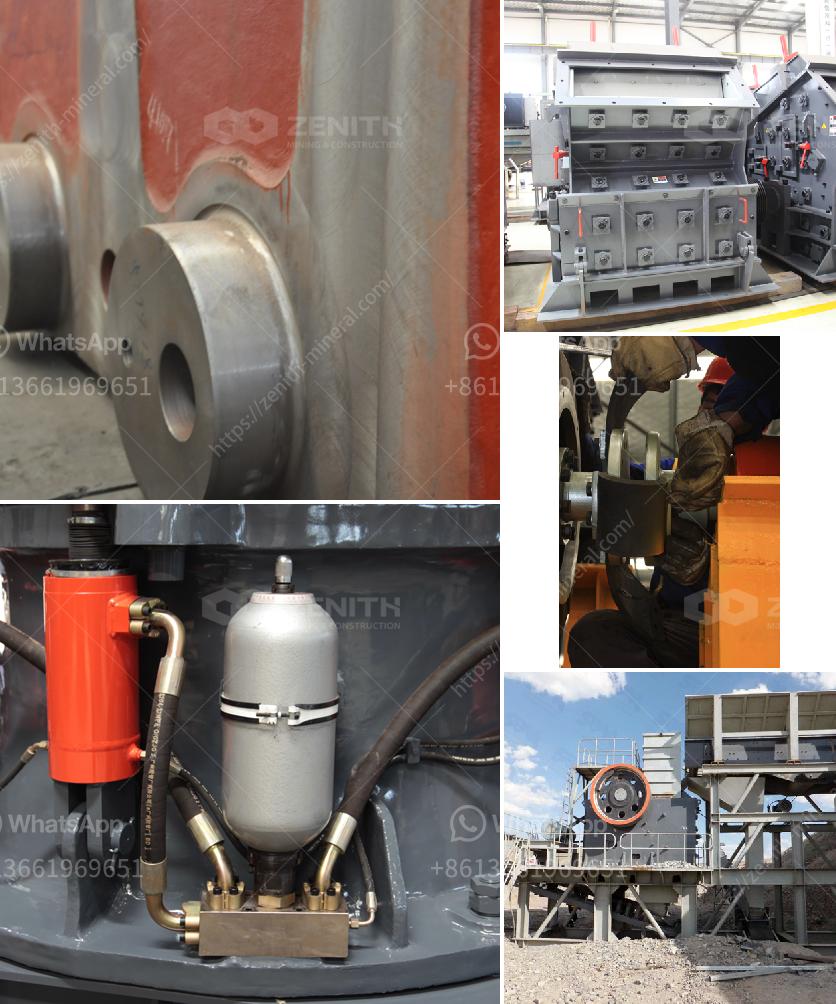Choosing the right stone crusher for your project depends on various factors, including the characteristics of the material you are crushing, the desired size and shape of the output, the production capacity, and the budget. Here are some steps and considerations to help guide your decision:
-
Determine the Material Characteristics:
- Hardness: Different crushers are better suited to different hardness levels. For example, jaw crushers are good for hard and abrasive materials, while impact crushers are better for softer, less abrasive materials.
- Moisture Content: High moisture content can cause clogging in some crushers, so this should be considered.
- Size: Know the input size of the material and the size of the feed opening in the crusher.
-
Define the Output Requirements:
- Size and Shape: Determine the size and shape of the output you need. Some crushers produce more elongated shapes, while others produce more cubical shapes.
- Capacity: Consider the required production capacity (tons per hour) to ensure the crusher can handle your project's demands.
-
Consider the Type of Crusher:
- Jaw Crushers: Suitable for primary crushing of large blocks of materials. They are robust and reliable.
- Cone Crushers: Generally used for secondary or tertiary crushing. They produce a uniform particle size and are good for high-throughput operations.
- Impact Crushers: Great for producing smaller, more uniform particles. They are preferred when the final shape is important and for softer stones.
- Vertical Shaft Impact (VSI) Crushers: Ideal for producing high-quality, shaped aggregates.
- Gyratory Crushers: Used for primary or secondary crushing; suitable for handling very large amounts of material.
-
Cost Considerations:
- Purchase Price and Operating Costs: Consider both the upfront cost and long-term operating costs.
- Maintenance and Parts Availability: Ensure that parts are readily available and affordable, and that maintenance is straightforward.
-
Space and Mobility:
- Stationary vs. Mobile Crushers: Consider whether you need a stationary unit or a mobile one that can be moved around your site or between locations.
-
Manufacturer Reputation and Support:
- Choose a reputable manufacturer with good after-sales support. Check reviews and seek recommendations.
-
Environmental Considerations:
- Consider dust and noise levels, especially if the project site is near residential areas.
-
Trial and Demonstration:
- If possible, request a trial or demonstration to ensure the crusher meets your expectations.
Taking the time to carefully evaluate your needs and options will help ensure that you choose the right stone crusher for your project, providing efficiency and cost-effectiveness in the long run.


